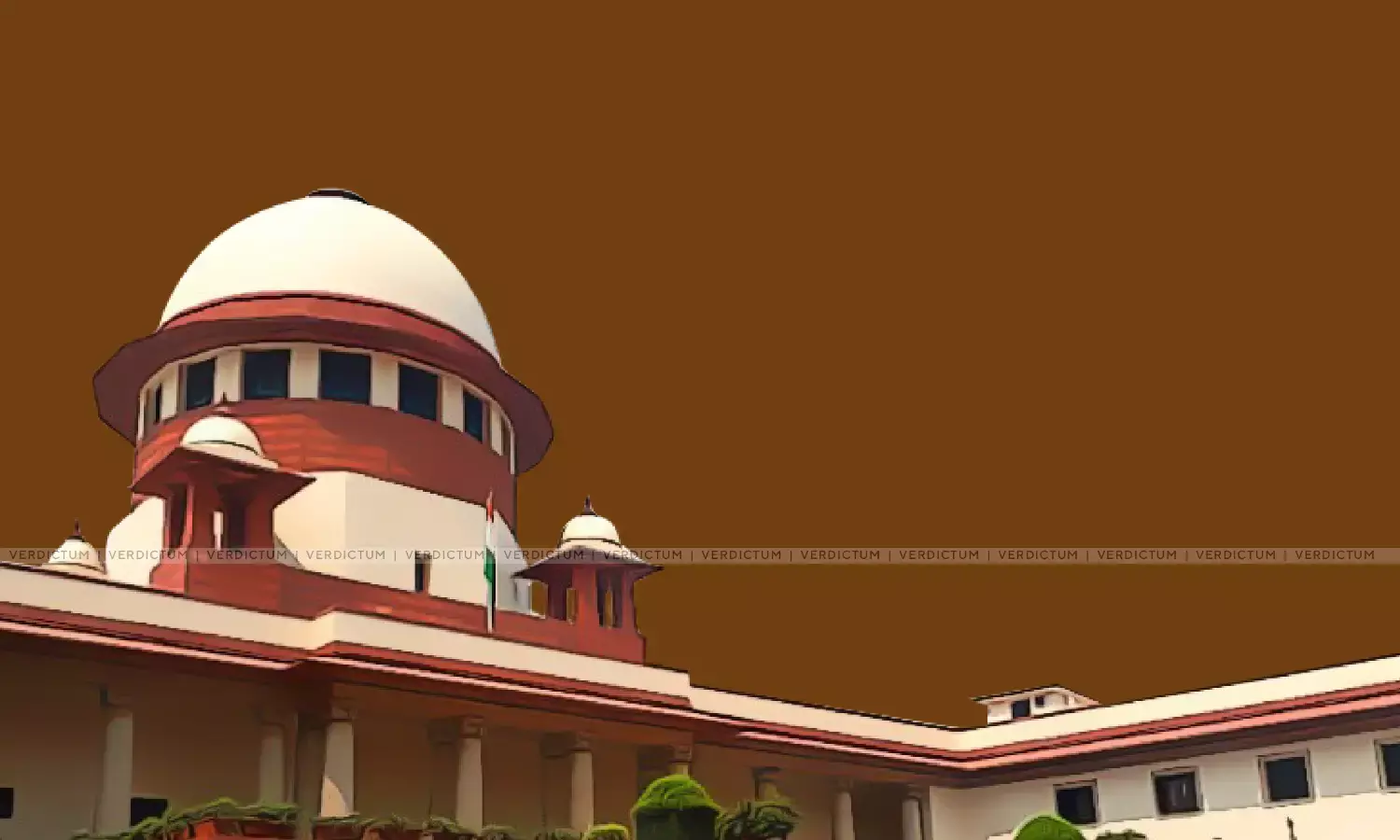Supreme Court Explains The Scope Of Order 7 Rule 11 And Section 11 Of The CPC

A Bench of the Supreme Court consisting of Justice DY Chandrachud and Justice MR Shah has laid down guiding principles for deciding application under Order 7 Rule 11 of the Civil Procedure Code (CPC) while upholding a Judgment issued by Dharwad Bench of the Karnataka High Court. The Bench ruled that the plea of res judicata is beyond the scope of a application under Order 7 Rule 11 (d) of the CPC.
The Bench, after referring to precedents, summarized the guiding principles for deciding an application under Order 7 Rule 11(d) as follows:
(i) To reject a plaint on the ground that the suit is barred by any law, only the averments in the plaint will have to be referred to
(ii) The defense made by the defendant in the suit must not be considered while deciding the merits of the application
(iii) To determine whether a suit is barred by res judicata, it is necessary that (i) the 'previous suit' is decided, (ii) the issues in the subsequent suit were directly and substantially in issue in the former suit; (iii) the former suit was between the same parties or parties through whom they claim, litigating under the same title; and
(iv) that these issues were adjudicated and finally decided by a court competent to try the subsequent suit; and (iv) Since an adjudication of the plea of res judicata requires consideration of the pleadings, issues and decision in the 'previous suit', such a plea will be beyond the scope of Order 7 Rule 11 (d), where only the statements in the plaint will have to be perused.
The Bench further noted that,
The High Court and the Trial Court were correct in their approach in holding, that to decide on the arguments raised by the appellant, the court would have to go beyond the averments in the plaint, and peruse the pleadings, and judgment and decree in OS No. 103/2007. An application under Order 7 Rule 11 must be decided within the four corners of the plaint. The Trial court and High Court were correct in rejecting the application under order 7 Rule 11(d).
Facts of the Case
The Appellant was an assignee of the purchaser of the suit property through an auction done by the Karnataka State Finance Corporation (KSFC). The property was inherited by two brothers from their deceased mother. One of the brothers had mortgaged the property to the KSFC, of which, the first Respondent brother denied knowledge. The purchaser filed a suit (OS. No 103/2007) before the Trial Court go seeking peaceful possession of the property when the 1st Respondent failed to hand over possession of the property despite a registered sale deed in favour of the Appellant.
The first respondent instituted a suit being OS No. 138/2008 challenging the sale deed executed by KSFC in favour of the third respondent, primarily on the ground that KSFC had no authority to put the suit property for sale. He sought a partition of the suit property and possession of his share. The property was not mortgaged without his knowledge.
In 2009 the Trial Court decreed in favor of the Appellant and it was upheld by the High Court. Pursuant to the judgment of the High Court, the appellant filed an application for rejection of plaint of first respondent under Order 7 Rule 11 of the CPC on the grounds of (i) non-payment of court fee; (ii) non-disclosure of cause of action; and (iii) the suit being barred by res judicata.
It was contended that the suit (OS No. 138/2008 ) instituted by the first respondent was barred by res judicata as the grounds relating to the validity of the sale deed and the issue of title were raised in the previous suit O.S No. 103/2007. The appellant urged that after the judgment of the Trial Court, which had been affirmed by the High Court, the rights of the parties cannot be further adjudicated and re-litigated upon.
The application under Order 7 Rule 11 was dismissed by the Trial Judge for the following reasons:
(i) With respect to non-payment of the court fee, according to Order 7 Rule 11(c), a plaint would only be rejected if the plaint is written on a paper that is insufficiently stamped, and the court requires the plaintiff to supply the requisite stamp paper within a time fixed and despite such an order, the plaintiff fails to do so. In this case, no such order was passed by the court;
(ii) The cause of action had been specifically pleaded by the first respondent in paragraph 5 of the plaint; and
(iii) In order to reject a plaint for the suit being barred by any law under Order 7 Rule 11(d), the court needs to be guided by the averments in the plaint and not the defence taken. The grounds taken by the appellant – that the issues raised had been decided by the decree of the Trial Court in OS No. 103/2007 and affirmed on appeal by the High Court – were the defence of the appellant. Thus, these cannot be taken into account while rejecting a plaint under Order 7 Rule 11 of the CPC. Moreover, the issue as to whether the suit is barred by res judicata cannot be decided in an Order 7 Rule 11 application but has to be decided in the suit.
The High Court then upheld the verdict of the Trial Court. The Apex also upheld the order of the Trial Court and the High Cout, and dismissed the Appeal.
Case No. : Civil Appeal No 4665 2021
Parties : Srihari Hanumandas Totala Versus Hemant Vithal Kamat & Ors .

